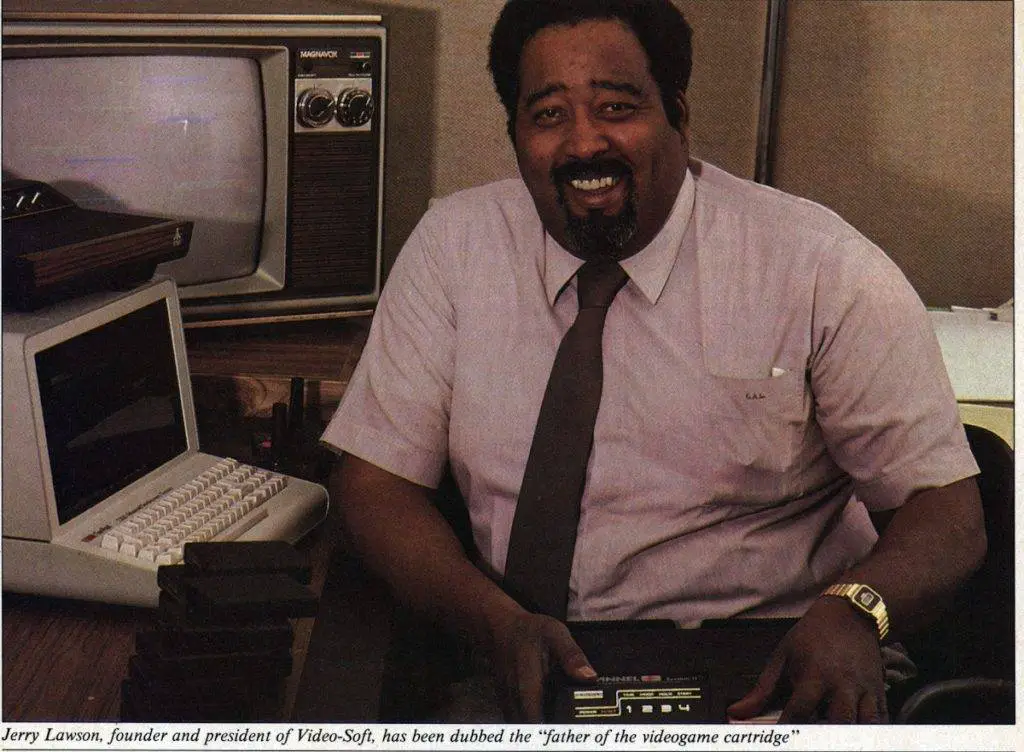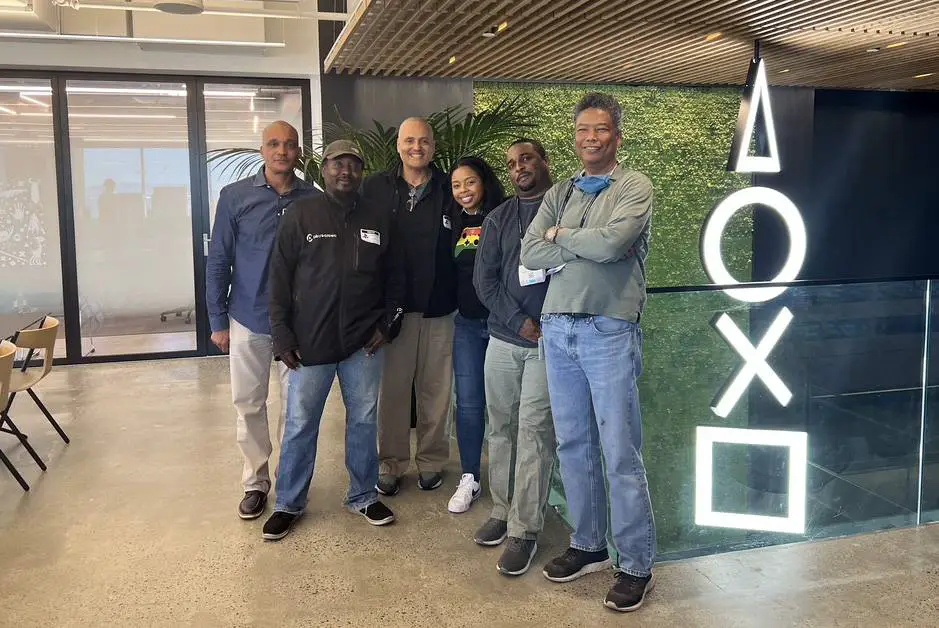
Black video game developers continue to push forward against all odds starting with Jerry Lawson who played an important role in making video games playable at home. There is also Ed Smith who reimagined what consoles should look like in the heydays of home gaming.
Although the number of jobs in the gaming industry has grown over the years, Black people only occupy about 5% of jobs in the industry in North America. This was the finding of a 2021 survey by the International Game Developers Association.
Prior to the 2021 survey, the number of Black people in the gaming industry hovered around 2%.
ALSO READ: Blumhouse Creates Video Game Division And Everyone Is Excited. See Why
The number of Black video game developers continues to grow, slowly but surely. It is only a matter of time before they will achieve parity with developers from Europe, Asia, and America.
However, advocates have warned that it is too early to determine if the small growth of Black people working in the video game industry will be sustained. Black in Gaming (BiG) is an advocacy group that has been pushing for the growth of black video game developers in the industry.
“I think 5% was really about: When you get 5%, OK, we can have some discussions about, ‘What are the structural inadequacies?’” said Carl Varnado, board member and former director of BiG. “At 2%, you don’t have the people to have a conversation.”

BiG is looking for volunteers who are eager to make a difference. Click on this link to know more.
The problem with having fewer Black video game developers in the industry
Varnado explained how alienated BiG members feel when they attend conferences of over 5,000 people and find about 20 Black people in attendance. According to him, members of BiG were often the only Black persons at their respective companies.
In comparison to other sectors, Varnado said, “We are worse than the mining industry”.
More people are beginning to voice their concerns about how the lack of diversity in the gaming industry is negatively impacting the industry. Many believe that it is costing the industry talent and opportunities. Also, the few Black people that make it into the industry are often chased out.
ALSO READ: New Danish Police Unit Play Video Games—But Not For What You Think
The sad outcome is that it becomes harder to make games with Black protagonists. The backlash that trailed the release of Forspoken is a clear example of how game developers are struggling to make Blacke-themed titles without Black video game developers. However, Varnado believes that the goal should go beyond just having more Black people in the industry.
“Can we get a more inclusive industry across the board? Can we create programming that will help people become successful from the moment they enter university until they’ve become CEOs of their own companies?”
Video game company reports now include demographics

It is interesting that most video game companies now publish reports that include demographics. This helps to give a clearer picture of what is happening in the industry. According to estimates from the Entertainment Software Association, 8% of America’s 215 million gamers are Black. However, the number of black video game developers varies from one company to another.
- Electronic Arts said its workforce in the United States was composed of 3.6% Black people in 2021. That number grew slightly to 3.8% a year later.
- Riot Games had 2.2% of Blacks in its U.S. workforce in 2019. The number jumped to 3.1% in 2021.
- A breakdown at Microsoft shows that 6.6% of its staff are Black people. The company said it was the largest increase in 5 years. However, the problem with the report is that it grouped all the workers in the company and didn’t specify the number in their gaming department.
- The first public diversity report by Take-Two Interactive showed that 5% of the company’s staff in the U.S. were Black as of the end of 2021. However, only 4% were Black people managers and less than 1% reached the VP level or higher.
According to Varnado, there is also a concern with retention. Varnado noted that Black employees are often asked to do extra work to promote an inclusive environment. However, these workers are rarely recognized officially in employee reviews or properly compensated for their additional effort.
Varnado linked the recent gains in Black video game developers to the expansion of remote work occasioned by the COVID-19 pandemic and the murder of George Floyd which increased discussion around racism and racial discussions.
“It was these different, overlapping ideas happening that moved the needle a little bit forward,” Varnado said.
Black video game developer shares his experience in the industry

NPR’s Brianna Scott spoke to some Black video game developers in the indie category and the revelation was stunning. One of the Black video game developers that Scott spoke to was Xalavier Nelson Jr. Growing up in Texas, Nelson wanted to be a part of the gaming industry.
“An article about Duke Nukem Forever mentioned that game journalists got games for free,” said Nelson. “That is the only job that makes sense for a child in this world. So, thanks to the power of the internet, at 12 years old, I pretended to be an adult, and I got my first job.”
ALSO READ: Epic Games Launch 1st Fortnite Sharing App, Slams Google’s Antitrust Breach
Nelson wrote for popular platforms in the video game niche including Polygon and PC Gamer which gave him ample insights into the industry. After a while, he decided to transition from just writing to becoming a video game developer. One of the first games he worked on was the Space Warlord Organ Trading simulator.
“It is a virtual stock ticker and auction interface set in the far future, where you are buying and selling the one thing everyone needs and has at the end of the world—meat, organs…,” Nelson said.
Eventually, Nelson founded his own video game studio in 2019 which he called Strange Scaffold. His first investor was his dad who put in $2,000. Nelson grew that money to $40,000 through what he described as elbow grease and the grace of God.
“Strange Scaffold has now released five games, completing our sixth, got two more at least releasing this year,” Nelson said. “That all came from an amount of money that I had been told when I started my studio is not enough to make a video game or to pay people effectively, and we’ve managed to do both.”
It is important for Black video game developers to make the conscious decision to become visible in the industry. It takes grit to keep creating even when the opportunities are not forthcoming. Someday, the barriers will be shattered.
Remember to share and bookmark this website to stay up to date on all the hottest news in the gaming industry.



